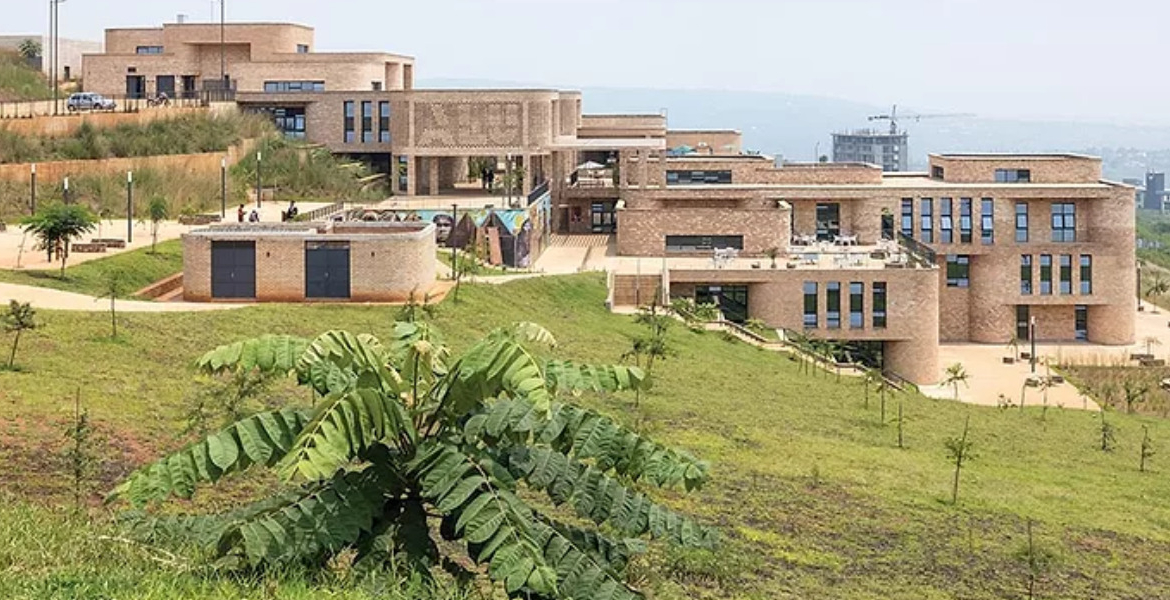Inside the Lives of Kenyans in Mauritius

Kenyans are building new academic, professional, and personal paths in Mauritius as a growing number of young migrants settle on the island.
Mauritius, known for its coastal landscapes and multicultural society, is seeing a steady rise in young Kenyan professionals and students who are reshaping their career plans and daily lives. Many are drawn by study programmes, job opportunities, or the appeal of a calmer environment, adding new layers to the island’s already diverse population.
For Michelle Kinda, 26, the move to Mauritius began unexpectedly. After earning a degree in Informatics and Computer Science and working remotely in Kenya, she sought more direct engagement in her work. A role with the African Leadership University in Rwanda later led to a placement in Mauritius, where she now works with the African Leadership College in Grand Baie.
Her experience has challenged common assumptions about island life. Despite Mauritius’ warm reputation, she has discovered cooler microclimates and a welcoming local community. Support from the island’s expat network helped her settle in, and food has become part of her adjustment process. She enjoys local dishes such as roti but still occasionally imports Kenyan staples.
High prices remain one of the most noticeable aspects of life on the island, largely due to dependence on imported goods. Even so, housing, often furnished and close to essential services, helps offset some costs. For Michelle, the combination of manageable living conditions, social support, and scenic surroundings has reinforced her decision to remain.
Systems engineer Gilbert Njenga, also 26, arrived earlier as a student after receiving a partial scholarship to study Information Technology. He later entered the tech sector after graduating with first-class honours and now works with a regional internet resource organisation involved in the island’s expanding digital landscape.
His first cultural adjustment came through language. Expecting to use French, he instead encountered widespread use of Creole, which has French roots but is distinctly Mauritian. He also noticed the slower pace of daily life: shops close early, night transport is limited, and public mobility options can feel restrictive. Yet this slower rhythm has provided him with a sense of structure and mental clarity.
Gilbert sees the island’s growing role as a regional technology hub as an opportunity for early career development. While living costs can rise depending on personal choices, he believes that careful planning makes life in Mauritius sustainable.
Internal auditor Susan Muia offers another perspective on settling in Mauritius. She arrived in early 2021 as a Business Management student at the African Leadership Campus and remained after graduation when she received a job offer. Her stay has now entered its fifth year.
Language continues to be her most consistent challenge, though she finds familiarity in the island’s appreciation of dishes such as pilau and biryani. She has also observed strong family ties, with extended families often living along the same street or within the same building, patterns less common in Kenyan cities.
Seasonal changes, especially during the cyclone period, have also shaped her experience. Heavy rainfall and disruptions to transport are part of the annual climate cycle that newcomers must adapt to. Even so, she finds the job market relatively open to skilled foreigners, partly due to the number of young Mauritians seeking work in Europe.